Noon Wednesday: COVID and Conspiracy Theories
By Marisa Wojcik | Here & Now
July 22, 2020
As COVID-19 rapidly spread across the globe, conspiracy theories and misinformation about the novel coronavirus spread just as fast. Ajay Sethi, Associate Professor of Population Health Sciences, is teaching students how to combat an infodemic.
 Passport
Passport




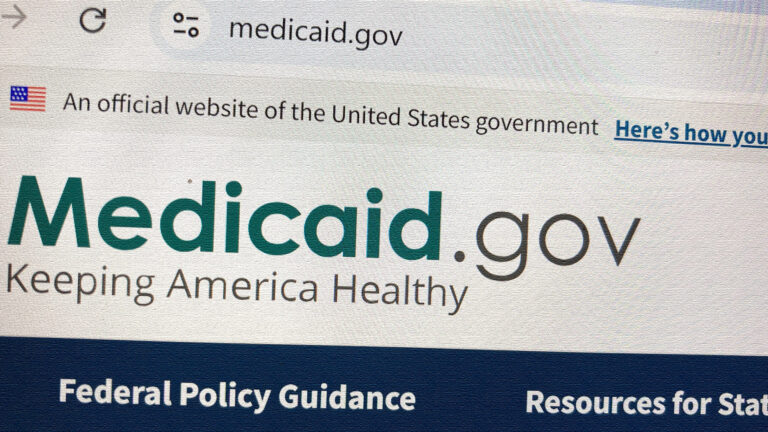
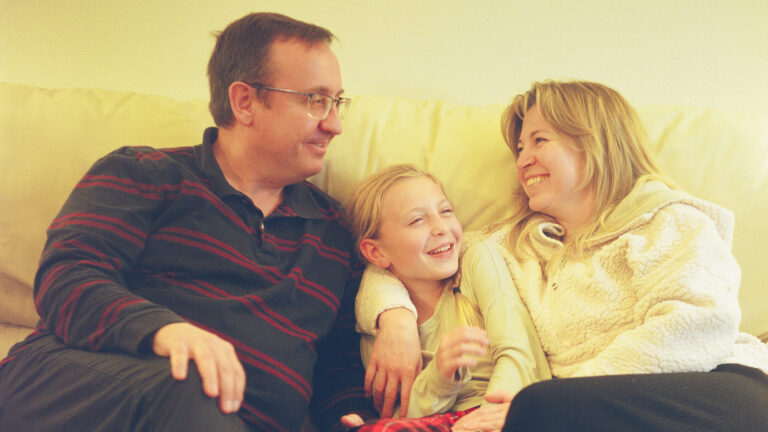

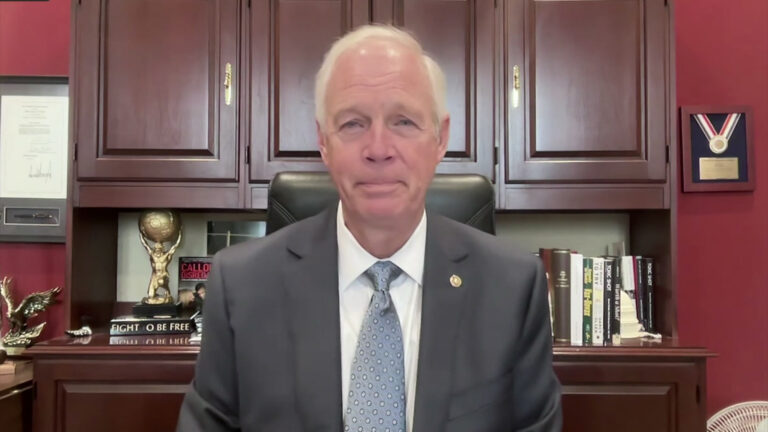
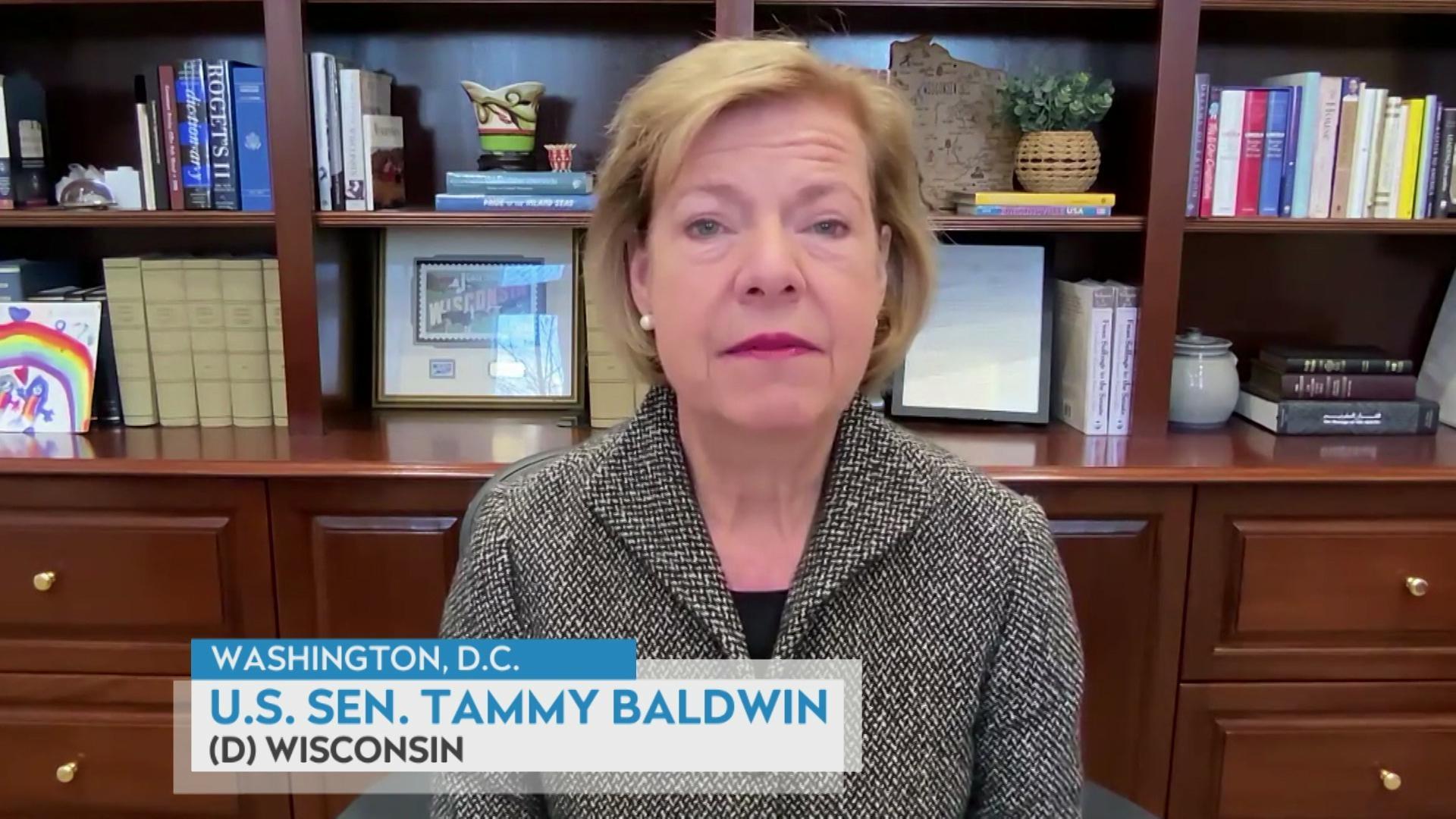
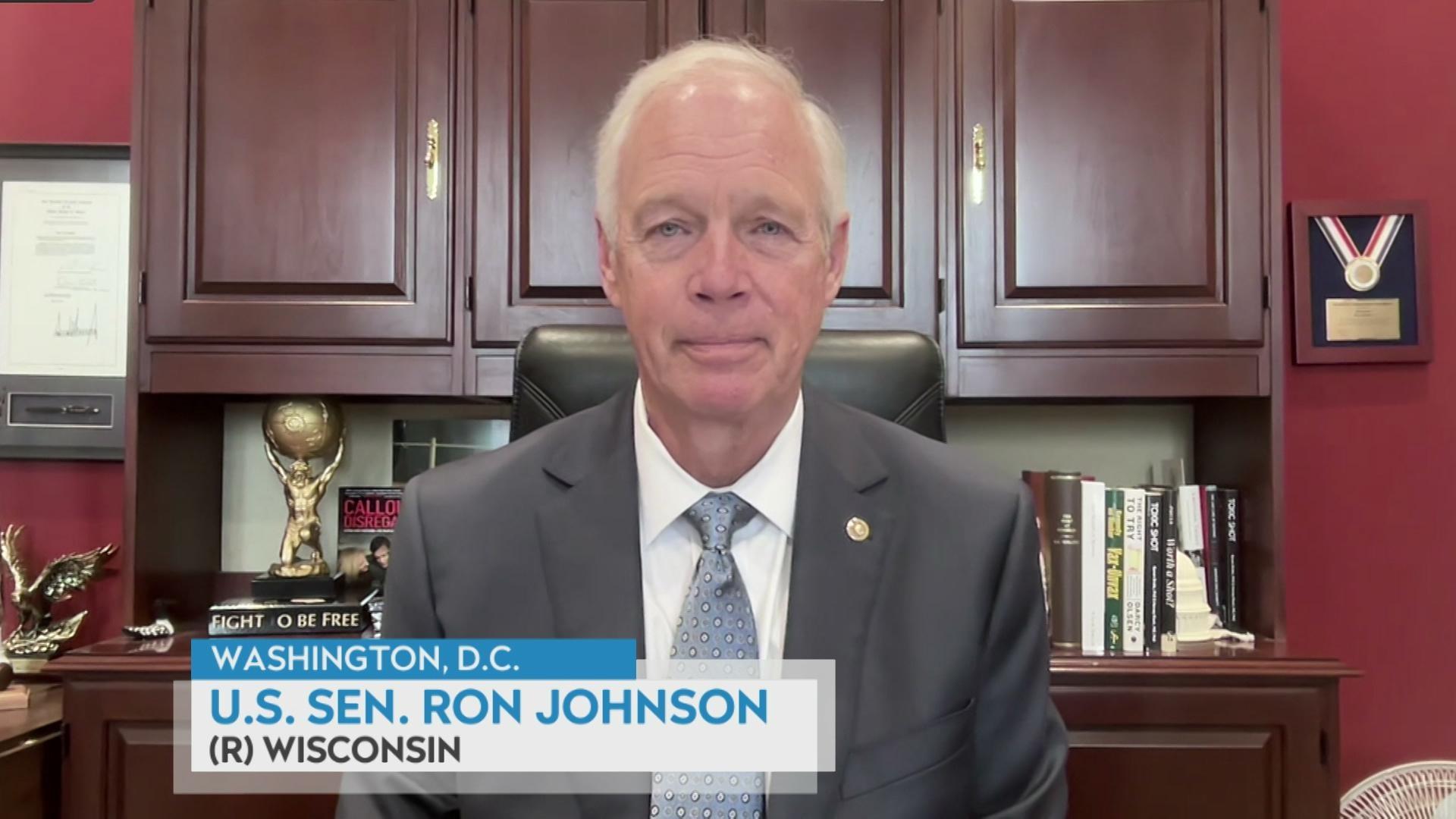

Follow Us